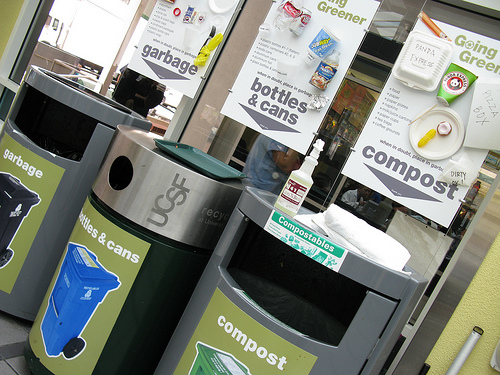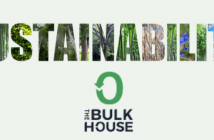
According to China Daily, Beijing produces approximately 18,400 tons of household garbage every day (6.7 million tons per year). However, 90 percent of the garbage end up in landfills, mainly because it is difficult to recycle unsorted garbage.
Furthermore, harmful and toxic substances produced from garbage are likely to infiltrate soil, groundwater and rivers, impacting on the environment and human health. On the other hand, it has been said that "garbage is a misplaced resource." In other words, if people sort garbage into the appropriate recycle and disposal facilities, garbage can be turned into resources.
Indeed, there are several ways to turn everyday waste into a valuable resource that will not only prevent environmental deterioration, but also save precious natural resources. For example, turning food waste into organic fertilizer and waste paper into recycled paper.
The easiest way to deal with household garbage is to separate kitchen waste from other waste, according to Beijing-based environmental NGO, Greening the Beige. To do this, follow these simple steps below:
While we are all familiar with the practice of recycling, don’t forget to precycle too. This refers to reducing the "trash" you throw away by purchasing products with minimal packaging. Look for reusable, recyclable, and biodegradable items (for example, did you know that you can now buy biodegradable trash bags?). Last but not least, remember to carry your reusable shopping bags and chopsticks wherever you go, even when you are on holiday!
Go here for further information on reducing your household waste.



